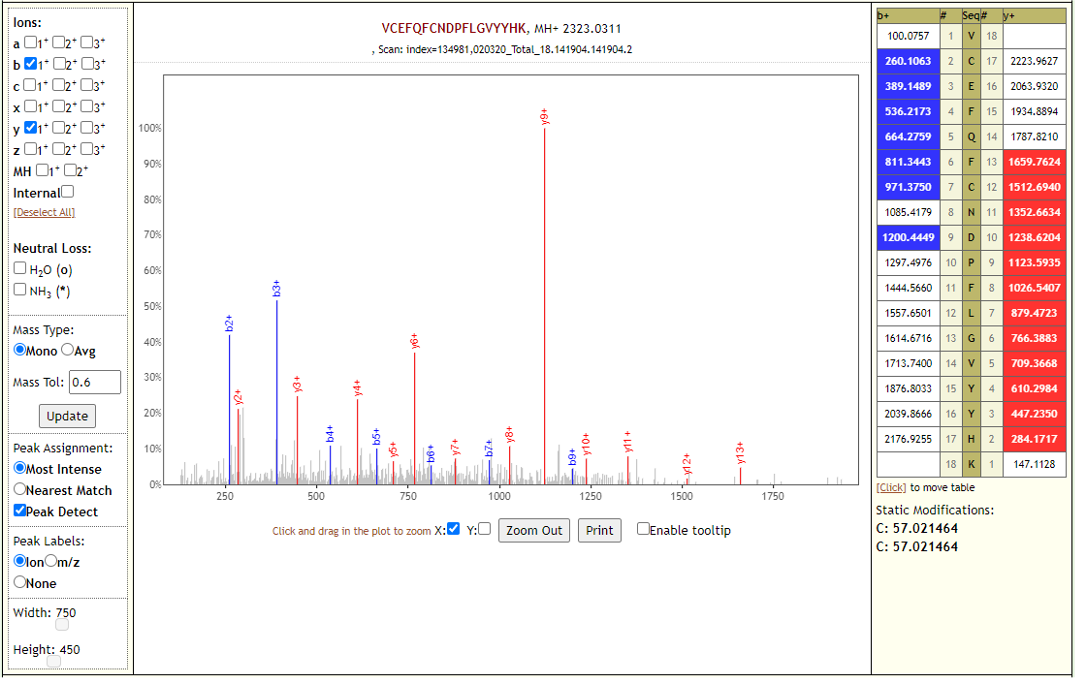
actg_options/mapping_method: Mapping method to be used.

SEARCHGUI PROTEOMICS FULL
dependency_locations/actg: Full path to directory containing ACTG.jar and param.xml files.output_dir: Directory to use as pipeline output.-c/-config_file: Point to the path of config file to use.Quantify : evaluates expression levels of identified novel peptides in a sampleĪssemble > searchdb > identify > novelorf > quantify Assembleĭenovo assembly of transcript sequences using Trinity Novelorf : finds novel ORFs in identified novel peptides Identify : maps potential novel peptides from searchdb to a reference tracriptome outputting a list of confident novel peptides Searchdb : produces custom peptide database from assembled transcripts which are mapped against proteomics data The modes areĪssemble : de novo assembly of transcript sequences using Trinity Bamstats - Used to process expression levels of novel peptidesĭeNoPro was designed to be modular, to account for large processing times.ACTG - Used to map identified confident novel peptides to their corresponding genomic locations.PeptideShaker version 1.16.42 - Used to select matching identifications among the three search engines to output a list of confident novel peptides and their corresponding proteins.SearchGUI version 3.3.17 - Uses the X! Tandem, MS_GF+ and Tide search engines to search created custom database against mgf spectra files.PySimpleGUIQt - Used to run the GUI functionality.PGA (R>4.0) - Used in customdb for creation of 6-frame translated protein database SearchGUI: An open-source graphical user interface for simultaneous OMSSA and XTandem searches The identification of proteins by mass spectrometry is a standard technique in the field of proteomics, relying on search engines to perform the identifications of the acquired spectra.Trinity version 2.8.5 - Used during assemble for de novo assembly of RNA transcripts.
SEARCHGUI PROTEOMICS SOFTWARE
Required software Included in conda environment To setup the conda environment, run conda env create -f denopro-env.yml and activate with conda activate denopro-env. We recommend using a conda environment to maintain dependencies, and an environment config file using Python 3.9.6 and R 4.0.5 has been provided. R version 4.0.0 or greater is required to run the PGA package. DependenciesĭeNoPro has been tested with Python 3, Python 2 is not supported at this time. DeNoPro can be made executable by running chmod u+x denopro.


 0 kommentar(er)
0 kommentar(er)
